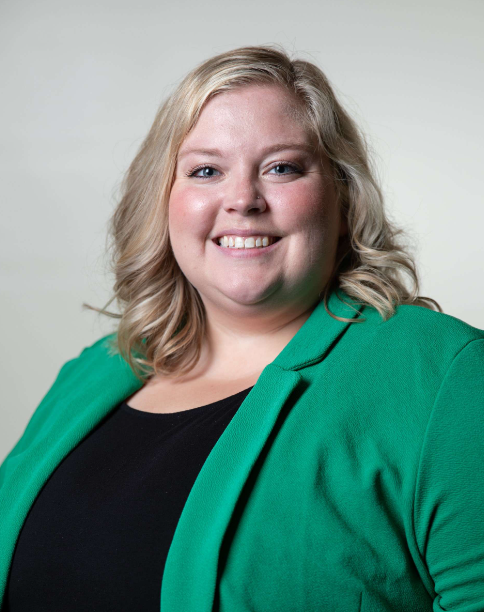
By ALEXANDRA MIDDLEWOOD
Insight Kansas
The state’s Attorney General Kris Kobach has filed a lawsuit against the federal government to block student loan forgiveness, leading a multi-state coalition against the policy.
The lawsuit comes on the heels of the 2023 case led by Missouri where the Supreme Court struck down the federal government’s previous student loan forgiveness plans.
It’s clear that Kobach is leading this charge at least partly because he’s likely to be successful. In the 2023 case, the conservative majority Supreme Court demonstrated a willingness to grant standing to states suing the federal government for harms state agencies could face if student loans were forgiven.
The lawsuit challenges the legality of the federal government’s newest attempt to forgive student loans for some borrowers called the SAVE Plan. It only applies to borrowers who took out less than $12,000 and have been making consistent payments for over 10 years.
Not only is it questionable if Kansas has the legal standing for the lawsuit — the burden of proof is on the coalition of states to prove that individual states will be financially harmed by the forgiveness program — blocking student loan forgiveness would deny 1,200 Kansans financial relief, according to the federal government.
Millennials stand to benefit most from the student loan forgiveness program. According to TransUnion, Millennials hold 43% of all student loan debt as of 2023.
Millennials are those who came of age around the year 2000, typically born between 1981 and 1996, and are currently between 43 and 28 years old.
The Kansas Speaks public opinion survey, fielded every fall by the Docking Institute of Public Affairs at Fort Hays State University, gives us some insight into the attitudes of Kansas Millennials on economic and life-prospects in the state.
Older Millennials had the worst rating of the Kansas economy in 2023. 37% of those aged 35-44 rated the state’s economy as “poor” or “very poor”. The next lowest rating was 26% and among younger Millennials and Gen Z — those aged 18-34.
Older Millennials also expressed the most concern that the Kansas economy will seriously threaten their family’s well-being over the next year, 26% are very concerned and 23% are moderately concerned.
These survey questions present various ways of measuring financial stability among this age group.
According to a 2021 poll by the National Association of Realtors, 60% of Millennials say student loan debt has delayed their ability to buy a home. In 2021, only 43% of Millennials were homeowners, the lowest home ownership rate of any generation, per research conducted by Freddie Mac.
In Kansas Speaks, older Millennials also had the highest rate of renting (47%), highest concern about the cost of housing in their community (73%), and the highest rate of disagreement with the statement “I spend the right amount of my income on housing costs” (42%).
The cost of a college education has increased over the past several decades as states have consistently cut higher education funding, thus increasing tuition costs for students who then have had to take out more student loans. At the same time, the cost of living has increased exponentially while wages have remained stagnant for college graduates.
Millennials are largely bearing this economic burden, and Gen Z is starting to join them.
In 2019, Millennials became the largest population cohort in the United States, surpassing the Baby Boomers. Their sheer size gives Millennials social, economic, and political influence.
Given the recent precedent, there’s good reason to assume Kobach’s case will be successful at the Supreme Court, begging the question of whether this is smart politics for Kansas?
Championing a lawsuit that targets Millennials, the state’s largest voting cohort, doesn’t seem like the brightest political move by the state’s Attorney General, but only time will tell.
The case will be heard by the US District Court in the coming months.
Alexandra Middlewood, PhD is the Department Chair of Political Science at Wichita State University.






